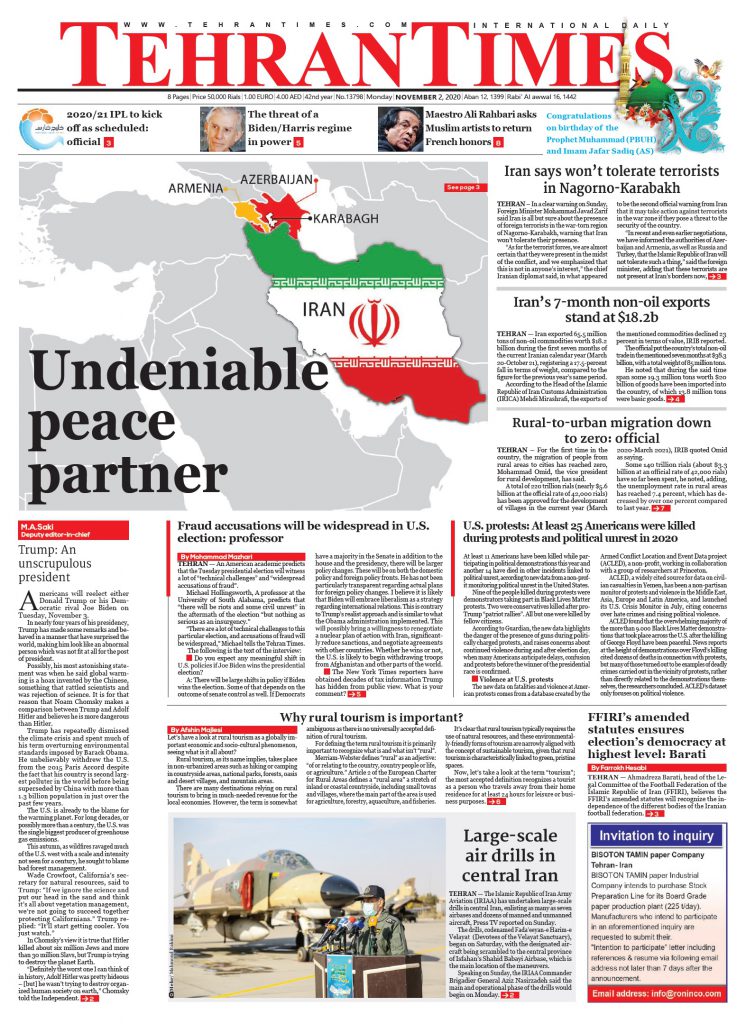Vienna shooter tried to join Islamic State in Syria
Kujtim Fejzulai shot dead four people Monday night in the Austrian capital before being killed by police.
The gunman who killed four people in Austria on Monday night was convicted last year on charges of trying to join the Islamic State (IS) in Syria.






